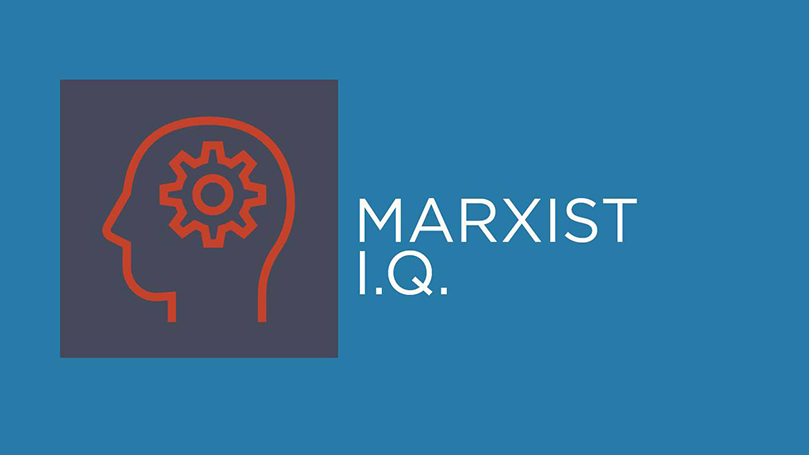Marxist IQ: Revolutionary July (answers)

1. In his initial draft of the Declaration of Independence, Thomas Jefferson was influenced by
d. the complete repudiation of the empire and monarchy in Tom Paine’s pamphlet Common Sense, which had already won great support among farmers and artisan workers in a rapidly developing revolutionary movement.
2. Out of the experience and struggles of the French Revolution would come individuals who would later be seen by Karl Marx and many others as pioneers in what came to be called by the 1840s the socialist and communist movements. Which of the following was not among these individuals?
c. Emmanuel Macron
3. The Cuban Revolution was not clearly committed to a socialist path when it triumphed in 1959. It moved in a socialist direction because
a. the great poverty of the people and foreign ownership of the productive sectors of the economy could not be reversed by replacing the Batista dictatorship with a liberal capitalist regime.
b. the U.S. National Security Council and CIA responded to the revolution’s early attempts to redistribute wealth to the masses and institute its independence with an economic blockade, the creation of a counter-revolutionary exile army, and preparations for a CIA-directed invasion of Cuba.
c. of Soviet economic and technical assistance to the revolution, which enabled it to both survive the blockade and move to develop its own Cuban version of socialist development.
d. All of the above
4. In the Russian Revolution, the “July Days” refer to
c. the Bolsheviks’ premature and failed attempt to overthrow the provisional government.
5. July 2 commemorated the 59th anniversary of the signing of Civil Rights Act of 1964 as well as the birth of Thurgood Marshall, who served as the NAACP’s chief counsel in the landmark Brown v. Board of Education decision. Thurgood Marshall would also later be the first African American Supreme Court Justice. The 1964 Civil Rights Act, whose provisions have been attacked and undermined by state laws and Supreme Court decisions,
a. barred discrimination in all public accommodations, hotels, restaurants, theaters, ballparks, public restrooms, etc.
b. barred discrimination based on race, gender, national origins and religion in employment, and established the Equal Employment Opportunity Commission (EEOC) to enforce these bans in court.
c. banned the use of federal funds for any program which practiced discrimination based on race, gender, national origins, or religion.
d. All of the above
Your score:
0 wrong: Theoretician. Write an article! Teach a class!!
1 wrong: Developed Marxist. Form a study group, join the party.
2 to 3 wrong: Developing Marxist. Keep studying and stay in the struggle!
4 to 5 wrong: Danger! Deviations possible. Study and then study some more lest you drift into the marsh of opportunism!
